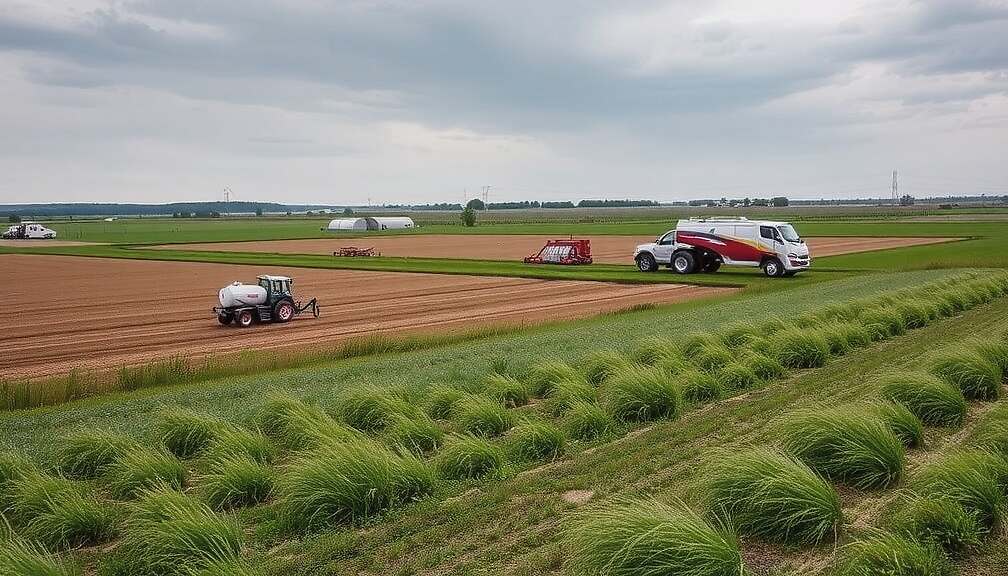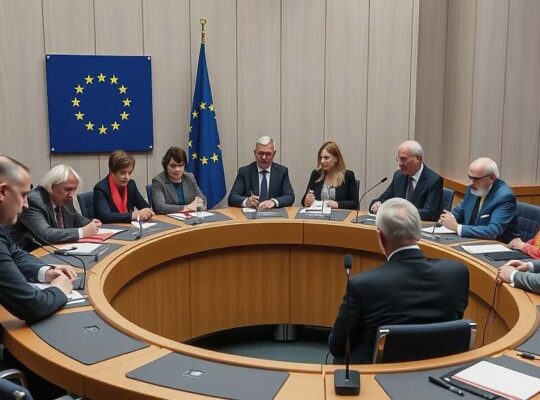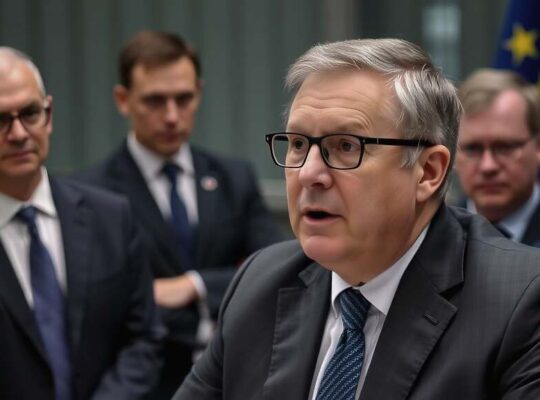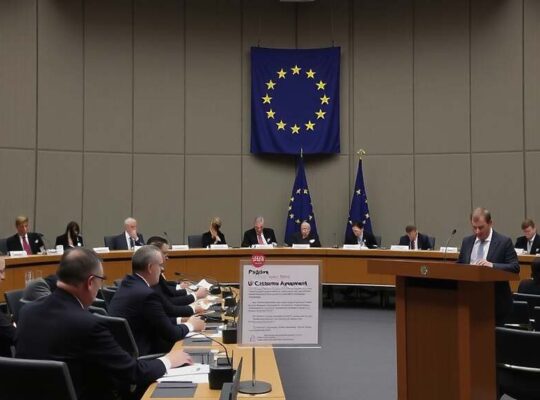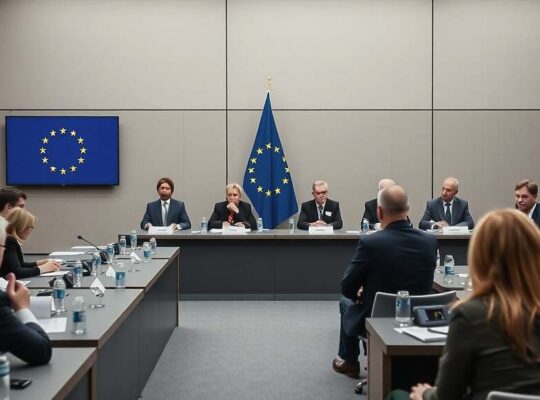The ongoing World Climate Conference in Belém, Brazil, has become a flashpoint for a growing dispute over European agricultural policy, with Bayer CEO Bill Anderson publicly accusing the European Union of fostering an “innovation-hostile” approach. In remarks published by Politico, Anderson expressed concern that a blanket rejection of modern agricultural engineering technologies is undermining the sector’s potential, particularly in addressing the urgent need to reduce reliance on fertilizers and insecticides.
Anderson’s criticism extended beyond specific technologies, targeting a perceived tendency towards excessive regulation within the EU. He argued that the prevalent mindset – that “virtually everything that moves must be regulated” – is ultimately detrimental to Europe’s competitiveness. The CEO urged a shift in emphasis, advocating for a willingness to experiment and allowing for initial trials before hastily implementing technology-specific legislation. This regulatory “knee-jerk” reaction, he warned, risks stifling progress.
The Bayer executive directly linked the current stance to a potential crisis in European agriculture, asserting that it jeopardizes the sector’s ability to compete globally. He lamented a “tradition of blocking progress” in key areas, underlining the potential for Europe to miss critical opportunities. He cautioned against the politicization of science, drawing parallels to the controversial weaponization of scientific data during the pandemic – a practice he deemed fundamentally damaging.
Beyond agricultural technology, Anderson voiced support for the development of robust carbon markets as a key tool for protecting the Amazon rainforest. He framed the issue as one of economic necessity, arguing that without financial incentives, local populations facing poverty are often compelled to clear rainforest for survival. These market-based solutions, he maintained, could provide an alternative that rewards conservation and protects vital ecosystems.
Given Bayer’s substantial global revenue derived from its agricultural business, Anderson’s commentary carries significant weight. The CEO’s remarks highlight a deepening conflict between regulatory caution and the drive for innovation, a dichotomy that risks shaping the future of European agriculture and its ability to meaningfully contribute to global climate goals. The debate underscores a larger question: how can policymakers balance environmental concerns with the need for technological advancement and economic viability?


